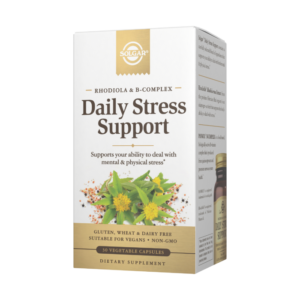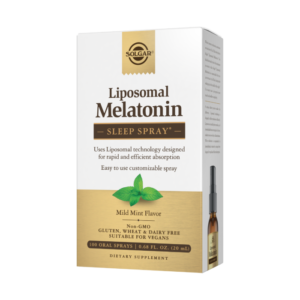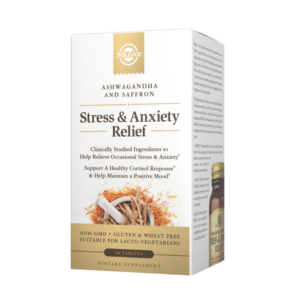Key Takeaways:
- High cortisol levels can impact everything from sleep, to immune health, to energy and mood.
- Prioritizing sleep, low-intensity exercise, deep breathing and a balanced diet are some of the best ways to lower your cortisol levels.
When you’re facing an overwhelming to-do list or worried about a loved one, how do you respond?
During stressful situations, the body produces cortisol (the stress hormone), triggering your “fight, flight, or freeze” response.1 Over time, this can cause fatigue, difficulty sleeping, irritability, or muscle tension. Not all cortisol is bad, but too much can affect your health and well-being.
Let’s look at the ways you can reduce cortisol levels so you feel more relaxed and calm in your day-to-day life!
The connection between cortisol and stress
Cortisol is released by the adrenal glands, which are small, triangle shaped glands that sit on top of each kidney. Cortisol levels are regulated by communication between the adrenal glands, the pituitary gland, and the hypothalamus in the brain. Together these are called the Hypothalamic-Pituitary-Adrenal (HPA) axis, or HPA axis.2
The HPA is the body’s central stress response system. When you’re stressed, this signals to the HPA to release hormones like adrenaline and cortisol, resulting in an increased heart rate and spike of energy. This can be beneficial if you need to get something done under pressure or avoid a potentially dangerous situation. However, in the long-term, high levels of cortisol can hurt more than they help.3 When you’re under constant stress, it’s harder for your cortisol hormone levels to return to a healthy state. Sustained high cortisol levels can impact everything from sleep, to immune health, to energy and mood.4
Thankfully, we’ve got some tips and tricks to help lower your cortisol levels.
5 Ways to Lower Cortisol Levels
1. Get adequate sleep
Stress can often prevent you from getting the sleep you need, yet sleep deprivation only exacerbates the effects of stress. In fact, short sleepers have higher levels of cortisol compared to people who sleep longer.5 According to the National Sleep Foundation’s guidelines, adults should get anywhere from seven to nine hours of sleep per night.6
How to get a good night’s sleep when stressed:
- Take a hot bath or shower to relax before bed
- Remove screens from the bedroom including phones, TV’s and computers
- Drink a cup of herbal tea to relax and soothe the body
- Try a relaxation strategy that involves mindfulness, deep breathing, or meditation
- Go to bed and wake up at the same time every day
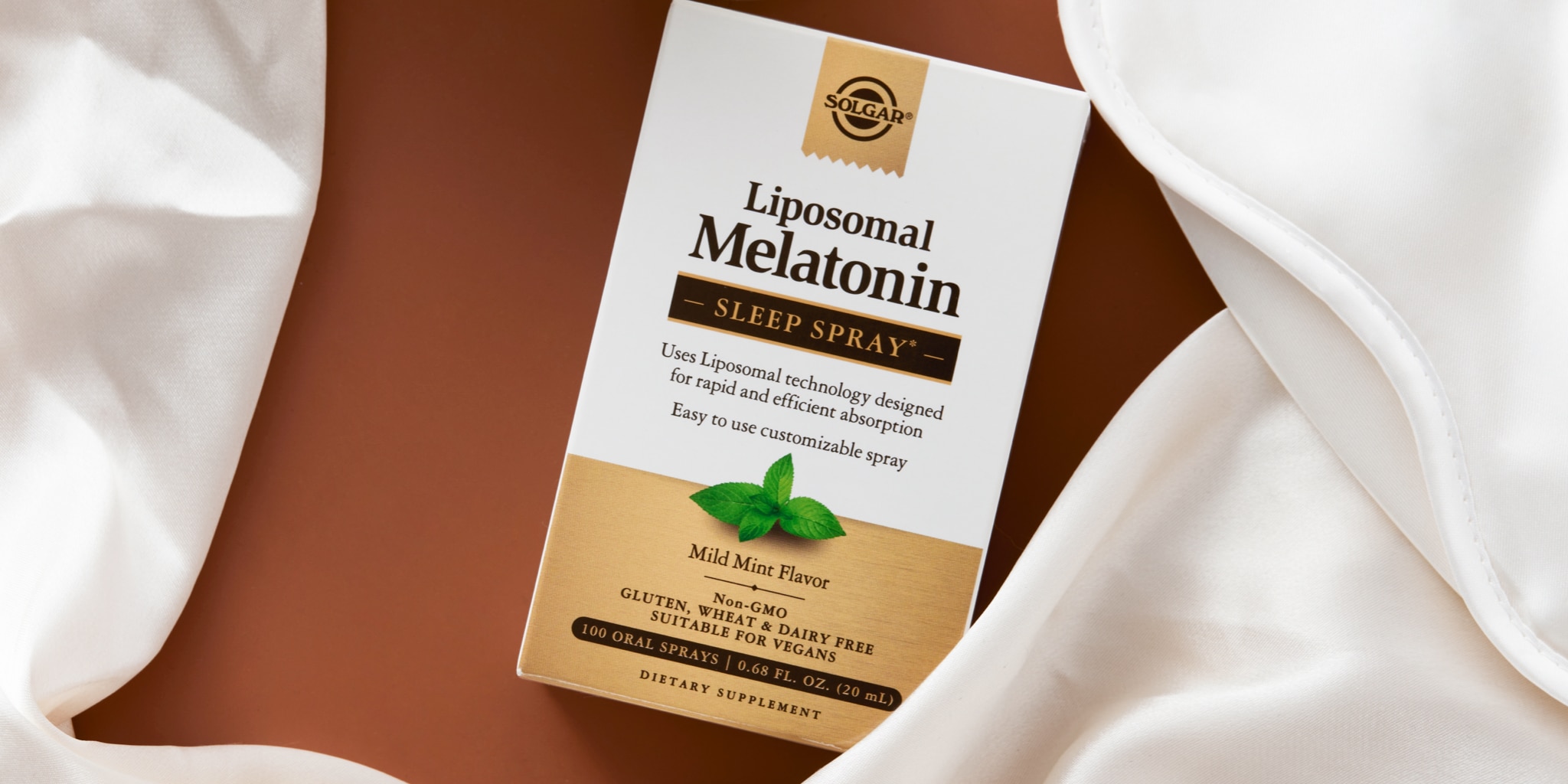
If you need a little extra help getting to sleep, try NEW Solgar® Liposomal Melatonin Sleep Spray. This easy-to-use spray helps you quickly fall asleep and get back to sleep if you wake up during the night.*
Solgar® Sleep & Stress Support is a melatonin-free form of sleep support, provided by a clinically-studied blend of herbs*, plus L-theanine. This supplement helps you feel calm and relaxed, fall asleep quicker, improve sleep quality and stay asleep throughout the night.*
Read more: The Science Behind Sleeping When Stressed
2. Do low-intensity exercises
Slow and steady movement wins the race when it comes to regulating your stress and cortisol.
While high-intensity exercise is an important component of a well-rounded fitness routine, it’s not ideal when you’re trying to regulate stress and cortisol. Moderate to high-intensity exercise increases cortisol in the body.7 On the other hand, low-intensity exercise lowers cortisol levels.8
Aim for around 150 – 200 minutes of low-to-moderate intensity exercise per week, and remember to give yourself the space to rest between workouts.9
Exercises to help lower cortisol
- Yoga
- Pilates
- Brisk Walking
- Swimming
3. Add a stress-supporting supplement to your routine
Stress relief is at your fingertips with our quality stress supplements.
This plant-based formula uses clinically-studied Rhodiola, which supports the body’s ability to deal with stress*, and PANMOL® B-complex, which is produced from organic quinoa sprouts to support nervous system health and energy metabolism.*
Each serving:
- Builds your body’s resistance to stress*
- Aids in your ability to deal with mental and physical stress*
- Helps with occasional stress-related mental fatigue*
- Supports your ability to stay calm*
- Supports energy metabolism, and nervous system health*
Solgar® Stress & Anxiety Relief is made with KSM-66® Ashwagandha, the most clinically studied form of this herb and shown to help relieve occasional stress, as well as affron® Saffron, which helps maintain a positive mood and support emotional well-being.*
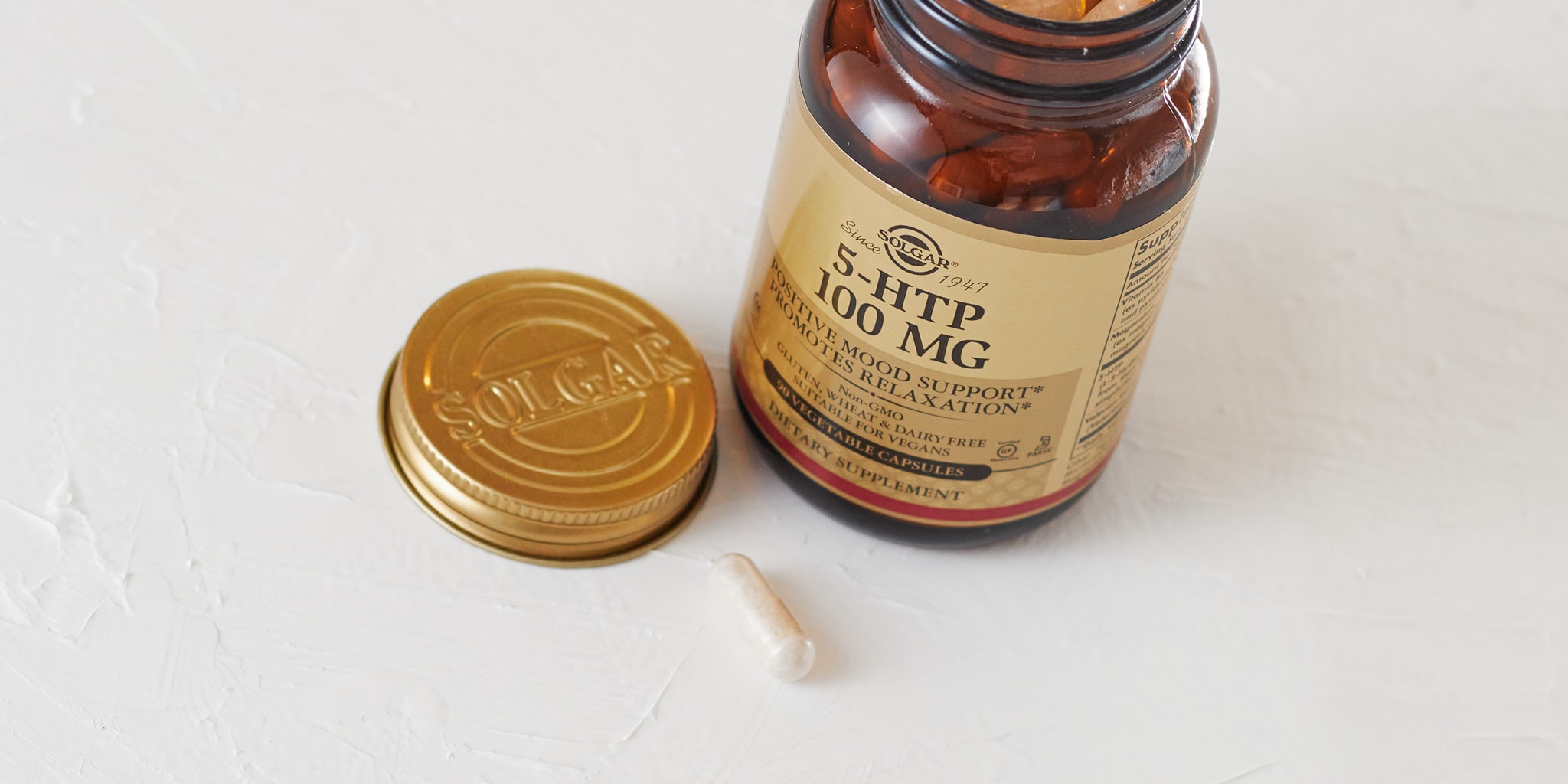
Solgar® 5-HTP supports your brain’s production of serotonin (aka the happy hormone).* This formulation helps to promote both a positive mood and a state of relaxation.*
Read more: The Best Vitamins & Herbs for Occasional Stress
4. Eat a nutritious diet
Maintaining a balanced diet rich in whole foods, lean proteins, and fruits and vegetables, is a great way to help lower cortisol levels. A diet that is high in added sugar, refined grains, and saturated fat can lead to higher levels of cortisol.10
If you’re an avid coffee drinker, it’s also in your best interest to cut back on the caffeine, which is shown to increase cortisol levels, especially when you’re already under stress.11 When you want to reach for another cup of coffee, try drinking a glass of water instead.
Foods that lower cortisol
| Dark chocolate | Eating dark chocolate with at least 70% cocoa can help to lower levels of cortisol.12 |
| Fruits & vegetables | Focus on fruits and vegetables high in vitamin C, like red peppers, broccoli, and strawberries. Eating these helps to nourish the adrenal glands and balance cortisol.13 |
| Green tea | Green tea contains L-theanine, an amino acid which helps reduce levels of cortisol and stress.14 |
| Whole grains | Eating whole grain foods like quinoa, oats, and brown rice helps to regulate cortisol in the body because they’re rich in fiber.15 |
| Probiotic-rich foods | Adding fermented foods like yogurt, kimchi, and sauerkraut helps maintain a healthy gut microbiome, and mitigates the effects of stress.16 |
5. Practice deep breathing
Breathe in, breathe out. Seems natural, right? However, we’re not always aware of how we breathe when stressed. Either we hold our breath or take very short breaths through our chest. Individuals that include deep breathing into their routines are shown to have decreases in cortisol.17 Here is one breathing technique that is proven to lower the stress response over time:18
4-7-8 Breathing Technique
Practice this daily to prevent stress from building or to help keep calm during a stressful situation.
- Close your mouth and then inhale for a count of four through your nose.
- Count to seven while you hold your breath.
- Exhale through your mouth for eight seconds. Make an audible “whoosh” sound as you exhale. Once you have exhaled fully, it should feel as though all of the air has left.
- Repeat this four times.
Read more: 3 Simple Tips For Women to Help Manage Occasional Stress
The bottom line
Cortisol is a necessary part of survival, but for the most part, too much of it hinders your health and well-being. If you’re prone to stress and the negative impacts of high cortisol levels, practice deep breathing, prioritize quality sleep, do low-intensity exercises, eat a well-balanced diet and take stress supplements.
For more health-related tips, and for the latest on new Solgar® products, follow us on Instagram (@solgar) and TikTok (@solgarvitamins)!
*These statements have not been evaluated by the Food and Drug Administration. These products are not intended to diagnose, treat, cure or prevent any disease.
The information provided on this site is intended for your general knowledge only and is not a substitute for professional medical advice or treatment for specific medical conditions. Always seek the advice of your physician or other qualified healthcare provider with any questions you may have regarding a medical condition. The information on this website is not intended to diagnose, treat, cure or prevent any disease. Never disregard medical advice or delay in seeking it because of something you have read on the Solgar® site.



